Category: Biology
-
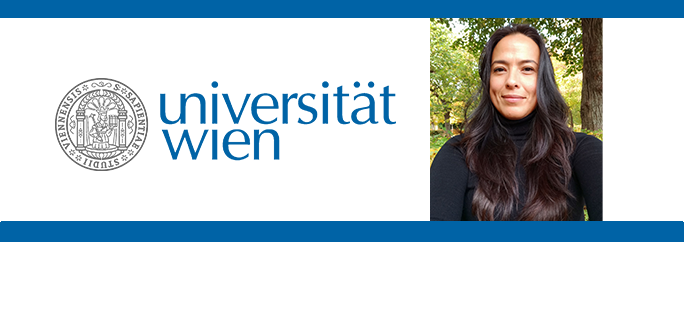
Jasmine Loveland, University of Vienna – A Super Enzyme in Overdrive: How Ruffs Lower Testosterone
What can birds teach us about testosterone? Jasmine Loveland, Lise Meitner postdoctoral fellow at the University of Vienna, examines this. Dr. Jasmine Loveland is a postdoctoral researcher at the University of Vienna and a guest scientist at the Max Planck Institute for Biological Intelligence. Her main interests are in molecular evolution, comparative neuroanatomy and the…
-

Praveen Arany, University at Buffalo – Light Treatments – Myths and Facts
There are always new wellness treatments, but should we believe the hype? Praveen Arany, associate professor of oral biology and biomedical engineering and surgery at the University at Buffalo, examines one. Dr. Arany trained as a dentist, oral pathologist, and biomedical engineer. He served as an Assistant Clinical Investigator at NIDCR/NIH, Bethesda, from 2012 to…
-
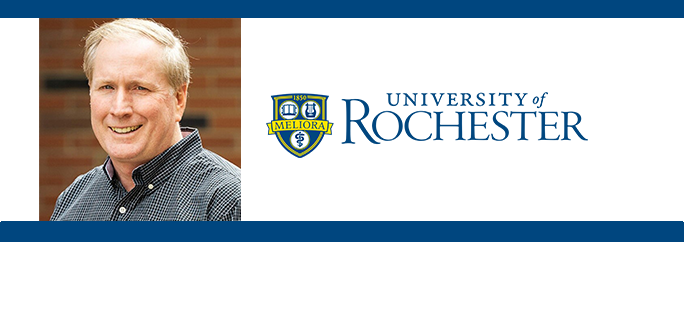
James McGrath, University of Rochester – Tissue-on-chip technology holds promise to reduce animal testing
On University of Rochester Week: Can computers take over and put an end to animal testing? James McGrath, William R. Kenan, Jr. professor of biomedical engineering, examines this question Since 2001, James McGrath has been on the Biomedical Engineering faculty at the University of Rochester and served the department for over 10 years as the…
-
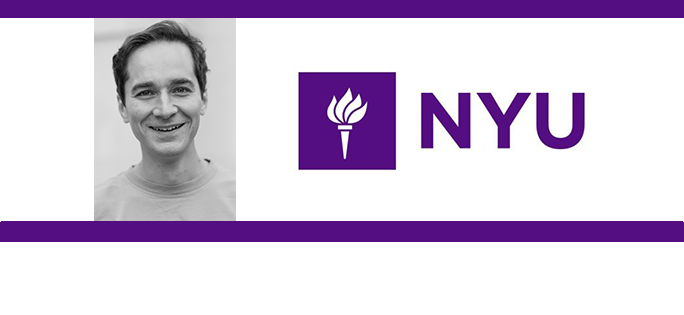
Nikolay Kukushkin, New York University – Kidney Cells Learn Like College Students
Memories are a big part of celebrating the holidays, but is more than your brain involved in this process? Nikolay Kukushkin, clinical associate professor of life science at New York University, looks through the body to find out more. Nikolay Kukushkin is Clinical Associate Professor at NYU. He holds a D. Phil. in Biochemistry from…
-
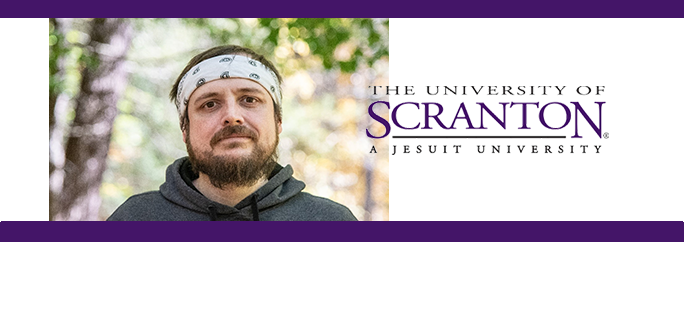
Vincent Farallo, University of Scranton – How Does Becoming Poisonous Impact A Frog’s Physiology
Certain animals will feel climate change earlier than others. Vincent Farallo, assistant professor at the University of Scranton, looks into one of these species. Vincent Farallo Ph.D. is from Buffalo, NY where he grew up developing an interest in reptiles and amphibians. He received his B.Sc. from John Carroll University in 2006, followed by a…
-

Claudia Passos-Ferreira, New York University – Are Newborn Babies Conscious?
On New York University Week: When does consciousness start for newborns? Claudia Passos-Ferreira, assistant professor of bioethics, considers this question. Claudia Passos-Ferreira is Assistant Professor of Bioethics at New York University’s School of Global Public Health. She has a Ph.D. in Public Health from the State University of Rio de Janeiro and a second Ph.D.…
-

Kenneth G. Furton, Florida International University – The Scent You Leave Behind
On Florida International University Week: How do we improve forensic science? Kenneth G. Furton, distinguished university professor in the department of chemistry and biochemistry, explores a way. Dr. Kenneth G. Furton is the executive director of the Global Forensic and Justice Center and the chief scientific officer of Florida International University. He is a distinguished university…
-

Michael Werner, University of Utah – Dissecting Fact and Fiction in Dune
Can we learn about the natural world from works of fiction? Michael Werner, assistant professor in the School of Biological Sciences at the University of Utah, reads up to find out. Michael Werner is an assistant professor in the School of Biological Sciences at the University of Utah. He uses worms to study developmental biology.…
-

Tracy Hookway, Binghamton University – Cell Research Could Help Us Better Understand How Our Hearts Beat
When it comes to the heart, we have much research left to do. Tracy Hookway, assistant professor in the biomedical engineering department at Binghamton University, outlines some remaining questions. The focus of our lab is to develop predictive engineered in vitro models of human cardiovascular tissues to interrogate the mechanisms that drive morphogenic developmental processes.…
-
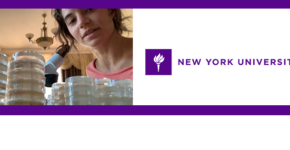
Sophia Tintori, New York University – What Chornobyl’s Worms Teach Us About DNA Damage
What can worms teach us about carcinogen exposure or chemotherapy? Sophia Tintori, postdoctoral associate in the biology department at New York University, heads to Chornobyl to find out. Sophia Tintori is a postdoctoral associate in the Biology Department at New York University. She was trained in developmental biology, cell biology, and genetics at Brown University…
